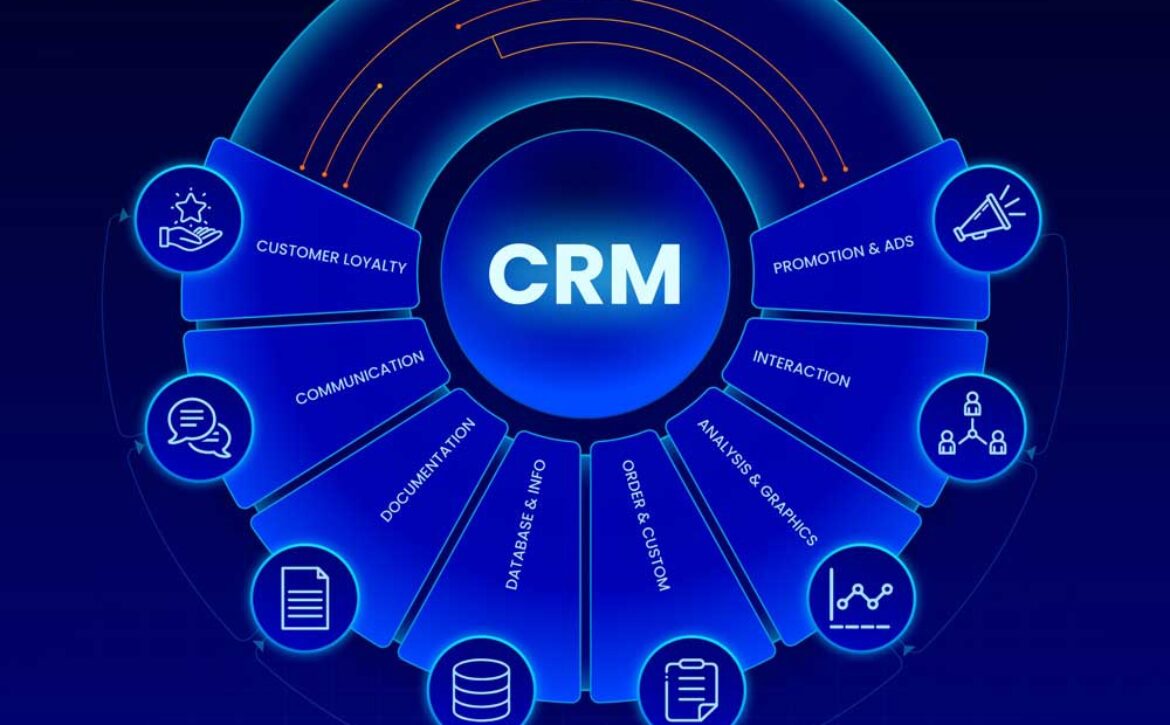
The Benefits of Designing an Application
The Benefits of Designing an Application (APP) for Your Business
In today’s rapidly evolving digital landscape, businesses are increasingly recognizing the paramount importance of technology in staying competitive and meeting the ever-growing needs of their customers. One such technological advancement that has revolutionized the way businesses interact with their target audience is the development of applications. Applications offer a plethora of benefits to businesses of all sizes and industries, enabling them to streamline operations, enhance customer engagement, and drive overall success. In this blog post, we will delve deeper into the key advantages of designing an application for your business and explore how it can positively impact your organization.
Enhanced Customer Experience:
One of the primary benefits of developing an application for your business is the ability to provide an enhanced and personalized customer experience. Applications allow businesses to create tailored interactions with their customers, delivering customized content, recommendations, and exclusive offers. By designing an application that is user-friendly, intuitive, and visually appealing, you can provide a seamless and convenient experience that exceeds customer expectations. This, in turn, leads to higher customer satisfaction and loyalty, as customers appreciate the personalized attention and convenience offered by the application.
When designing an application, it’s crucial to focus on the user interface (UI) and user experience (UX) aspects. A well-designed UI ensures that the application is visually appealing, easy to navigate, and intuitive to use. On the other hand, a seamless UX guarantees that customers can effortlessly accomplish their goals within the application, whether it’s making a purchase, accessing information, or engaging with interactive features. By investing in UI/UX design, you can create an application that captivates users, encourages longer engagement sessions, and fosters a positive perception of your brand.
Increased Accessibility:
An application provides a direct and easily accessible channel between your business and your customers. Unlike websites, which require users to search and navigate through multiple pages, an application is just a few taps away on a user’s smartphone. This convenience significantly improves accessibility, allowing customers to engage with your business anytime and anywhere. By being readily available on their mobile devices, you can stay connected with your customers, respond to their needs in real-time, and provide immediate assistance or support. This enhanced accessibility leads to increased engagement, a higher likelihood of conversions, and a stronger connection between your business and your target audience.
Moreover, applications can leverage the features and capabilities of smartphones to provide a more immersive and interactive experience. For example, applications can integrate with device functionalities such as GPS, camera, and push notifications. GPS integration enables location-based services, allowing businesses to provide localized information, offer personalized recommendations, or facilitate proximity-based interactions. Camera integration opens up possibilities for augmented reality (AR) features, allowing customers to visualize products in their real environment before making a purchase. Push notifications enable businesses to send timely updates, reminders, or promotional messages directly to users’ devices, ensuring that they stay informed and engaged with your brand.

Strengthened Brand Identity:
Designing a dedicated application for your business enables you to strengthen your brand identity and establish a unique digital presence. With a well-designed application that incorporates your brand’s visual elements, colors, and messaging, you can create a consistent and memorable user experience that aligns with your overall brand strategy. By providing a cohesive and unified experience across different touch points, you reinforce brand recognition, build trust with your customers, and differentiate yourself from competitors. A strong and recognizable brand identity instills confidence in customers, making them more likely to choose your products or services over those offered by your competitors.
When designing an application, it’s essential to ensure that your brand’s visual identity is accurately represented. This includes using your logo, brand colors, typography, and graphical elements consistently throughout the application. Additionally, the application’s content and messaging should align with your brand voice and values, reinforcing the brand identity you have cultivated across other marketing channels. By maintaining brand consistency, you create a seamless and recognizable experience for your customers, fostering trust and loyalty.
Improved Marketing and Communication:
Applications serve as a powerful marketing and communication tool for businesses. They enable you to push notifications, send targeted messages, and deliver personalized promotions directly to your customers’ devices. With an application, you can gather valuable customer data and analytics, allowing you to refine your marketing strategies and deliver more relevant content to your audience. By leveraging the insights gained from user behavior within the application, you can create personalized offers, recommend products or services based on their preferences, and deliver a highly targeted marketing campaign. Moreover, the two-way communication facilitated by applications allows customers to provide feedback, report issues, and interact with your business, fostering a sense of community and customer engagement.
Personalization is a key aspect of effective marketing, and applications provide ample opportunities for personalized communication. By analyzing user data, such as purchase history, browsing behavior, and demographic information, you can segment your customer base and deliver targeted messages and promotions to specific groups. This level of personalization enhances the relevance and effectiveness of your marketing efforts, increasing the chances of conversion and customer retention.
Furthermore, applications can incorporate loyalty programs or rewards systems, which encourage customer engagement and repeat purchases. By implementing gamification elements, such as points, badges, or exclusive offers, you can incentivize customers to interact with your application regularly, fostering a sense of loyalty and creating a positive brand association. This, in turn, leads to increased customer lifetime value and higher overall revenue.
Streamlined Business Operations:
Beyond customer-facing benefits, applications can streamline internal business operations, leading to improved efficiency and productivity. With a customized application, you can automate repetitive tasks, manage inventory, track sales, and streamline various processes. This automation not only saves time but also reduces the likelihood of errors, enhances overall operational accuracy, and frees up valuable resources that can be allocated to more strategic initiatives. By centralizing critical business functions within a single application, you can optimize resource allocation, facilitate collaboration among teams, and ultimately drive cost savings for your organization.
For example, applications can integrate with customer relationship management (CRM) systems, allowing sales teams to access customer information, track interactions, and manage leads and opportunities efficiently. This integration ensures that sales representatives have up-to-date and relevant information at their fingertips, enabling them to provide personalized and informed customer service. Similarly, applications can integrate with inventory management systems, enabling real-time inventory tracking, automatic stock updates, and seamless order fulfillment. This integration reduces the chances of stock outs or overselling, improving customer satisfaction and minimizing revenue loss.
Furthermore, applications can facilitate internal communication and collaboration among employees. Features such as messaging, document sharing, and task management can streamline workflows and enhance team productivity. By providing a centralized platform for communication and collaboration, applications eliminate the need for multiple disjointed tools, reducing communication gaps and ensuring that everyone is on the same page.

Competitive Advantage:
In today’s fiercely competitive business landscape, staying ahead of the curve is essential for long-term success. Developing an application can give your business a significant competitive advantage. By leveraging the latest technologies and offering a seamless mobile experience, you can attract new customers, retain existing ones, and stand out in your industry. A well-designed and functional application showcases your commitment to innovation and customer satisfaction, positioning your business as a leader in the market. It demonstrates that your organization is forward-thinking, adaptable, and focused on meeting the evolving needs of your customers. By providing a superior user experience through your application, you can differentiate yourself from competitors and create a lasting impression on your target audience.
Moreover, an application allows you to gather valuable data and insights about your customers’ behavior and preferences. This data can be utilized to refine your products or services, tailor your marketing campaigns, and make informed business decisions. With a deeper understanding of your customers, you can offer personalized recommendations, promotions, and rewards, which in turn strengthens customer loyalty and increases the likelihood of repeat business.
Additionally, applications provide opportunities for monetization and revenue generation. Depending on your business model, you can incorporate features such as in-app purchases, subscriptions, or advertising to generate additional income streams. These monetization strategies, when implemented effectively, can contribute to the overall profitability of your business.
Moreover, designing an application opens up avenues for expansion and growth. As your customer base expands and your business evolves, you can introduce new features, functionalities, and integrations within your application to cater to the changing needs of your audience. This adaptability ensures that your business remains relevant and continues to provide value to your customers, even as market trends and customer preferences shift.
In conclusion, the benefits of designing an application for your business are manifold. From providing an enhanced customer experience and increased accessibility to strengthening brand identity and streamlining business operations, applications offer a wide range of advantages. By embracing the power of applications, you can stay ahead of the competition, foster customer loyalty, and drive long-term success for your business. As technology continues to advance and customer expectations evolve, having a well-designed and functional application has become a necessity rather than a luxury. Invest in an application today and unlock the full potential of your business in the ever-evolving digital landscape.
FAQ The Benefits of Designing an Application
Applications enable businesses to send targeted messages, push notifications, and personalized promotions directly to customers’ devices. By gathering customer data and insights, businesses can refine their marketing strategies, deliver relevant content, and foster customer engagement. It also allows for two-way communication and feedback, building stronger customer relationships.
A well-designed application showcases your commitment to innovation and customer satisfaction, differentiating your business from competitors. It enables you to attract and retain customers, leverage the latest technologies, and offer a superior user experience, positioning your business as a leader in your industry.
Yes, business applications can be customized to align with your specific needs, industry, and target audience. You can tailor the features, functionalities, and design to provide a unique and tailored experience for your customers.
Yes, it is important to update and improve your business application over time to adapt to evolving customer needs and technological advancements. Regular updates, bug fixes, and adding new features help to enhance the user experience, address issues, and stay competitive.




